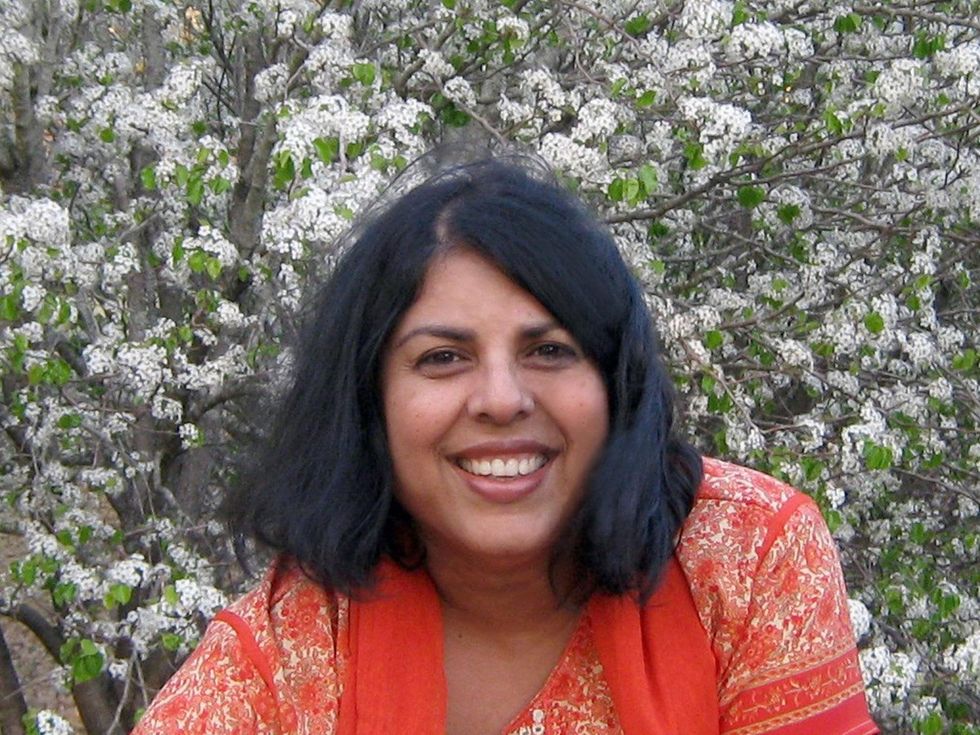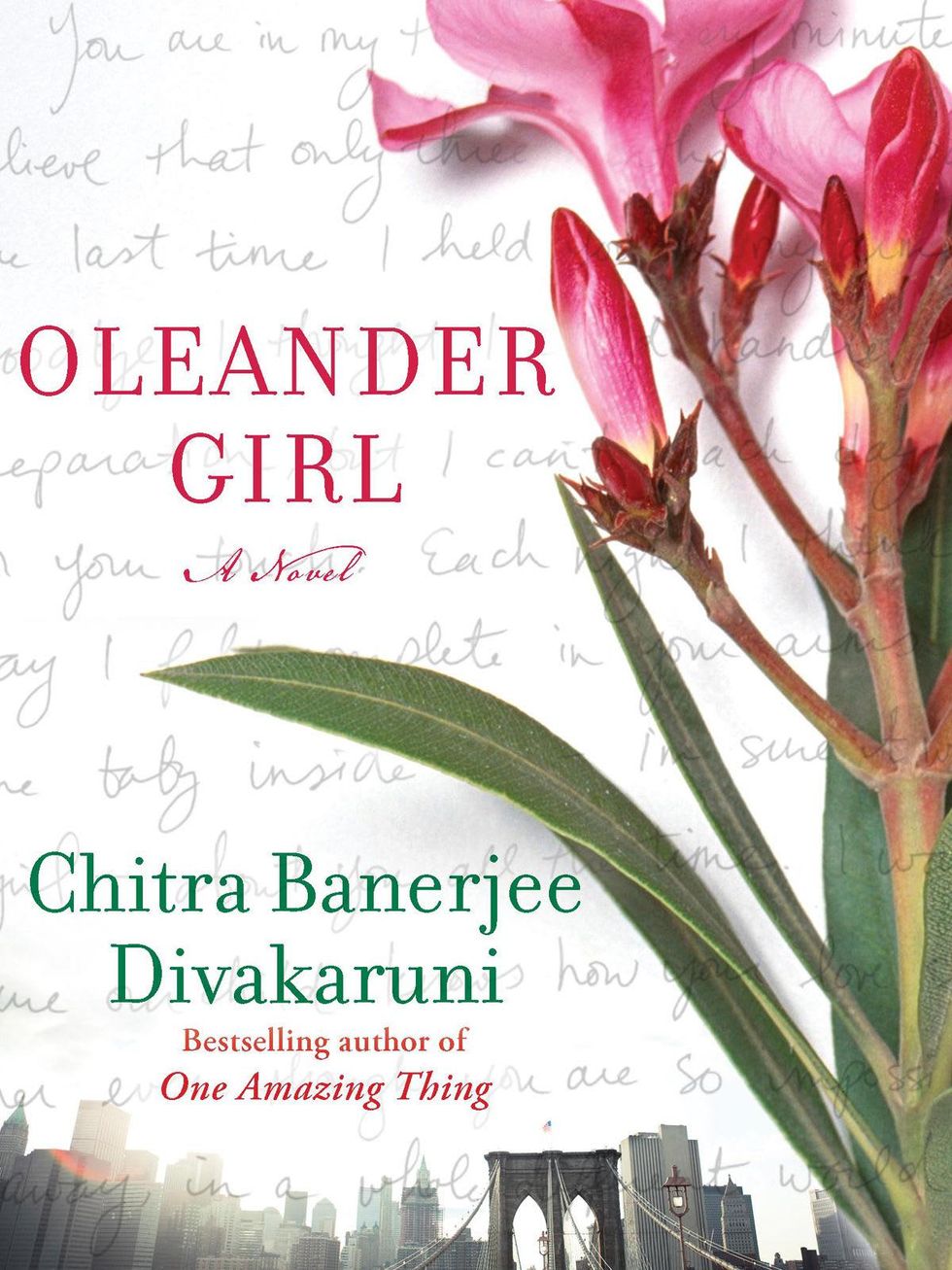Good Reads
An interview with novelist Emma Straub on Laura Lamont's Life in Pictures
Emma Straub’s debut novel, Laura Lamont’s Life in Pictures (Riverhead, $26.95), follows the transformation of Wisconsin farm girl Elsa Emerson into leading lady Laura Lamont during Hollywood's golden age. This American Cinderella story is a familiar one, and if you’ve seen A Star is Born, The Valley of the Dolls, or any Hollywood biopic at all for that matter, the trajectory of Laura’s career will not come as a surprise.
The novel's true delights lie in its details. The studio system of the '40s and '50s churned out stars with ruthless efficiency, and Straub records the minutiae of that process, step by fascinating step. With characters based loosely on Jennifer Jones, Lucille Ball and MGM producer Irving Thalberg, the novel occasionally reads like a game of guess-the-star.
Nevertheless, Laura feels both real and unique, a woman struggling to find and keep a sense of herself beneath the glitz and glamour of her Hollywood image. Not that the glitz and glamour get short shrift— there are plenty of both, and enough gowns, diamonds and Hollywood mansions to satisfy the vicarious yearnings of any addict of the silver screen.
That's what I wanted Laura to be. I wanted it to be beautiful, with moments of humor and moments of tragedy, but ultimately uplifting, because you knew she'd made it through.
Straub's own star is on the rise. Saturday she will make an appearance at the Texas Book Festival as part of the Barnes & Noble’s Discover Great New Writers Program, whose past selections have included Pulitzer Prize winners Jennifer Egan, Junot Diaz and Jhumpra Lahiri--she’s in good company. Fortunately for CultureMap, she is also herself good company, and was willing to chat with us about the inspiration for Laura, Straub's famous father and her own surprising reluctance to write fiction.
CultureMap: How did you get the idea for Laura Lamont?
Emma Straub: I was working on something else at the time, another novel idea that wasn't really going anywhere, and I came across the obituary for the actress Jennifer Jones. I was so moved by her life story as presented in this four or five paragraph obituary. And I just thought, that is a novel! There was so much drama, and so much happens...
Laura Lamont’s life has certain things in common with Jennifer Jones’s, but I really wanted her to be her own person, and not some fictionalized version of Jennifer Jones. So I stayed far way from her after that.
CM: Your earlier collection of short stories is realistic and contemporary, closer to your every day life.
ES: The stories are all about people finding their way. Some are young people sorting out romantic relationships, some are about siblings, some are about parents and their children. There are two widows. It's people at different points in their life, and everyone is trying to sort out who they are.
I loved writing the short stories, and I'm very, very proud of the collection, but when I was done, I thought, "Okay, I need to write something very different. I need to write something that has nothing to do with my own life, where there's no autobiographical overlap." Which is why I was so happy when I stumbled on Laura.
CM: Where does Laura fit into that pantheon of characters that you've written about?
ES: Hmmm, I don't know. I mean there are certain things that we have in common. I think the biggest thing is that the way she feels about acting is the way that I feel about writing. I think what's really exciting to me about writing fiction is the opportunity to experience a million different lives, and that you get to be so many different people. And that's how she feels about playing characters.
I mean we have other things in common too, my parents are from Wisconsin, her parents are from Wisconsin, we're blondes at heart, and we love our dads, you know...
CM: I was thinking more about Laura Lamont compared to your other characters that you had written about, but I feel like you answered a more interesting question. So your parents are from Wisconsin, but you grew up in New York. Is that how you got the inspiration for Laura Lamont’s childhood in Wisconsin?
ES: I knew I wanted her to be from Wisconsin, because I wanted her to be Midwestern, and all that that entails to me. Which is sturdiness and trustworthiness and a certain goodness, a real pat-of-butter goodness... I wanted something idyllic. I wanted something as perfect as possible while still being real.
I have some friends who grew up in Los Angeles and they still don't own a proper winter coat, and to me that's not real. [Laughs] I don’t know, maybe it's like that in Texas, too! But at least in Texas people own cowboy boots, which you can wear in the winter.
CM: Did you have mentors in your writing life?
ES: I had my father [successful horror novelist Peter Straub]. My father is a writer, and both of my parents always encouraged me. When I was a teenager I really wanted to be a poet. I wrote poems every single day — I mean multiple poems. I was like a girl on fire, you couldn't have stopped me if you tried. And my parents just loved it.
They supported me completely, and were always giving me books of other things to read. Their friends were other writers and poets and painters and creative people. I always did feel like I was part of a really amazing, cool community. No matter what I wanted to do, I would have felt like I had gotten my start at my parents' house, at their dinner parties.
CM: When did you start writing fiction?
ES: I didn't write any fiction at all until I graduated from college, for extremely misguided and silly reasons. I was a poetry major at Oberlin, and the reason I didn't write fiction was because I took it too seriously. I put fiction on so high a pedestal that I really didn't think I was ready for it yet.
I knew that it was what I wanted to do eventually with my entire life, so I just didn't think that it was something to, like, practice with a bunch of college kids! Which is of course completely asinine, and I wish I had. But at the time I thought, "Oh god, no, no!" But the moment I came home from college, I wrote a novel, which was not very good. It had some problems. But it also showed me that I could do it.
CM: Why do you think you had such an elevated idea of fiction?
ES: I guess because it was my father's profession, and so I thought of it as a professional endeavor. I didn't think it was something that you could do — it wasn't like a finger-painting class. I saw it as too serious, like it mattered too much... This maybe also tells you how well I did in college, which was not that well, because I didn't take things as seriously as I should have.
CM: Wait, you took the fiction really seriously, but you didn't take anything else seriously?
ES: Yeah. I thought, "Oh, college, it's where you take classes, whatever." I saw it as sort of play time. It wasn't where you really learned how you were going to do what you wanted to do with your life. It's still sort of shocking to me that I had some friends in college who were smart enough to realize, I want to be a scientist, or I want to be a marine biologist, and that's what they're doing now ten years later.
Whereas me, I was like, I'm going to major in eating tator tots and drinking beer and smoking cigarettes.
CM: Do you consider Laura Lamont's story to be a tragedy?
ES: While I was thinking about Laura Lamont, one of the books I was reading was John William’s Stoner, which is on the surface a bleak, depressing tragedy. But really, it's just beautiful. It's the most beautiful book in the world.
That's what I wanted Laura to be. I wanted it to be beautiful, with moments of humor and moments of tragedy, but ultimately uplifting, because you knew she'd made it through. I tried to give her, not a happy ending, but a hopeful one.
---
The Barnes & Noble's Discover Great New Writers Program panel takes place Saturday from 1 p.m. to 2 p.m. in the Lone Star Tent. More details about the festival and a complete schedule available here.


